1 / 7

Description : Understanding Criminal Justice seeks to provide students with a critical introduction to the range of theoretical, policy and operational issues faced by the criminal justice system in England, Wales, Scotland and Northern Ireland at the beginning of the twenty-first century
2 / 7
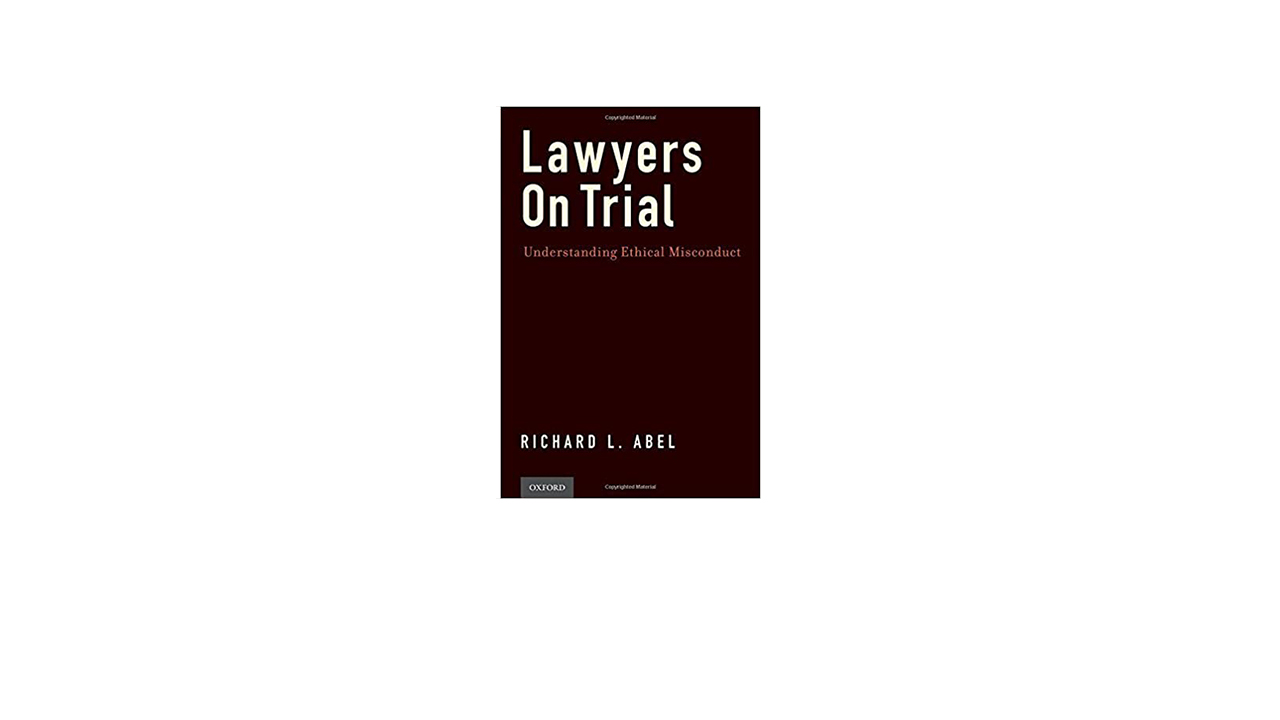
Description : Presents the stories of ten California lawyers who broke the rules: hiring an ex-cop to chase ambulances, flouting fee limitations in medical malpractice cases, creating a fictitious company and impersonating non-existent people in order to appropriate Sega's computer games, a former California Real Estate Commissioner defrauding developers and financiers,
helping a represented co-defendant negotiate a plea without his lawyer's participation or knowledge, and defying a judge's sealing order and his own client's wishes for closure in order to champion the "defenseless" and "oppressed" and protect "widows and children
3 / 7

Description : Whistleblower Protection laws have been enacted globally to protect employees of either government agencies or private corporations, who report to the public or those in authority regarding mismanagement, corruption, illegality or any wrongdoing within their place of employment. In the past, employees who act as whistleblowers are often subject to retaliation by their employers, hence the need for Whistleblower Protection laws
4 / 7
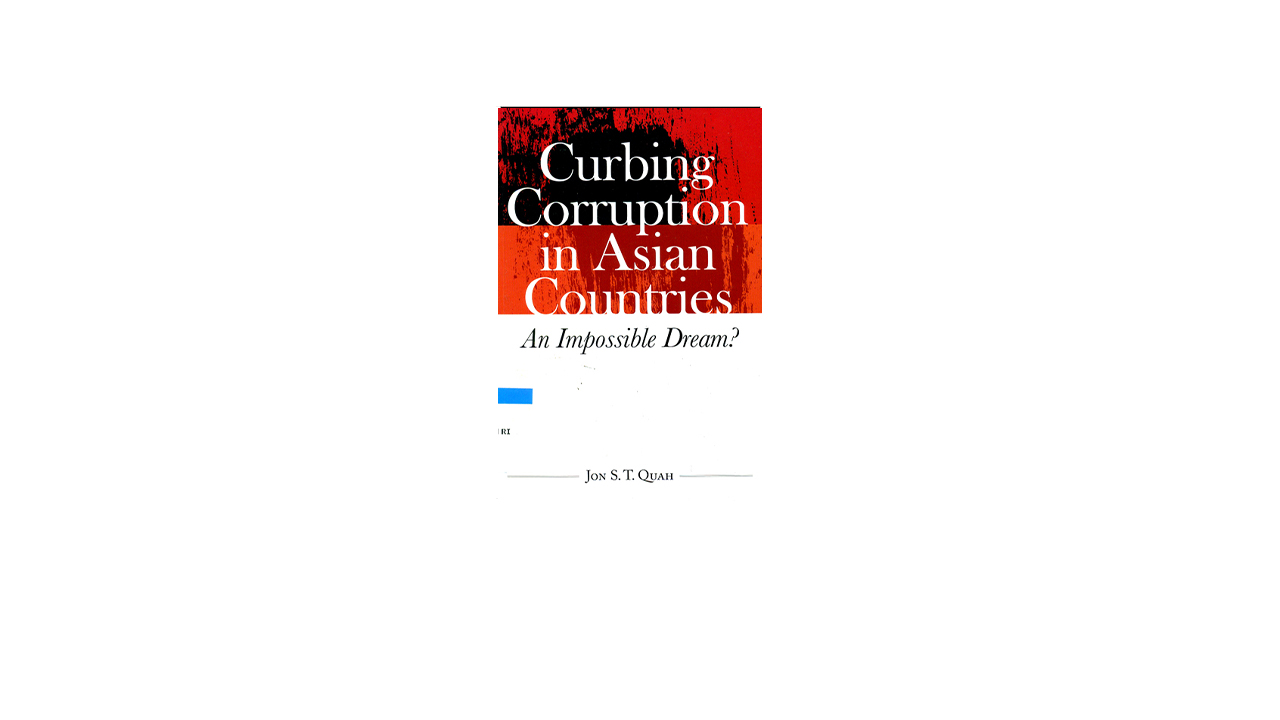
Description : This book analyzes and evaluates the anti-corruption measures employed in Hong Kong SAR, India, Indonesia, Japan, Mongolia, the Philippines, Singapore, South Korea, Taiwan, and Thailand. These countries are selected because they represent the three major patterns of corruption control with Japan adopting Pattern 1 (anti-corruption laws without any anti-corruption agency [ACA]); India, the Philippines and Taiwan employing Pattern 2 (anti-corruption laws with multiple ACAs); and Singapore, Hong Kong SAR, Thailand, South Korea, Indonesia, and Mongolia belonging to Pattern 3 (anti-corruption laws with a single ACA). Among the ten countries only Singapore and Hong Kong SAR have succeeded in minimizing corruption because of the commitment of their political leaders in curbing corruption, their favorable policy contexts, and the impartial implementation of effective anti-corruption measures. On the other hand, the other eight Asian countries have failed to curb corruption because of the lack of
political will, their unfavorable policy contexts, and their reliance on ineffective anti-corruption measures.
5 / 7
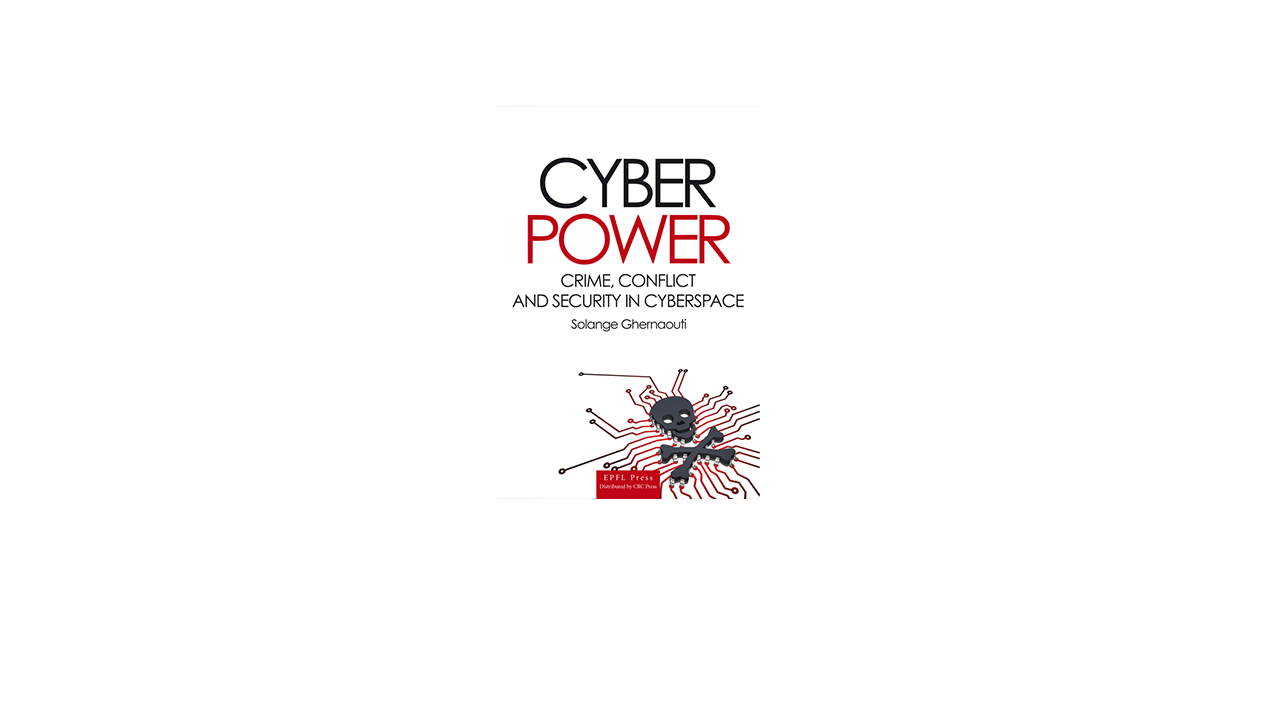
Description : Most books on cybercrime are written by national security or political experts, and rarely propose an integrated and comprehensive approach to cybercrime, cyber-terrorism, cyber-war and cyber-security. This work develops approaches to crucial cyber-security issues that are non-political, non-partisan, and non-governmental. It informs readers through high-level summaries and the presentation of a consistent approach to several cyber-risk related domains, both from a civilian and a military perspective. Explaining fundamental principles in an interdisciplinary manner, it sheds light on the societal, economic, political, military, and technical issues related to the use and misuse of information and communication technologies.
6 / 7
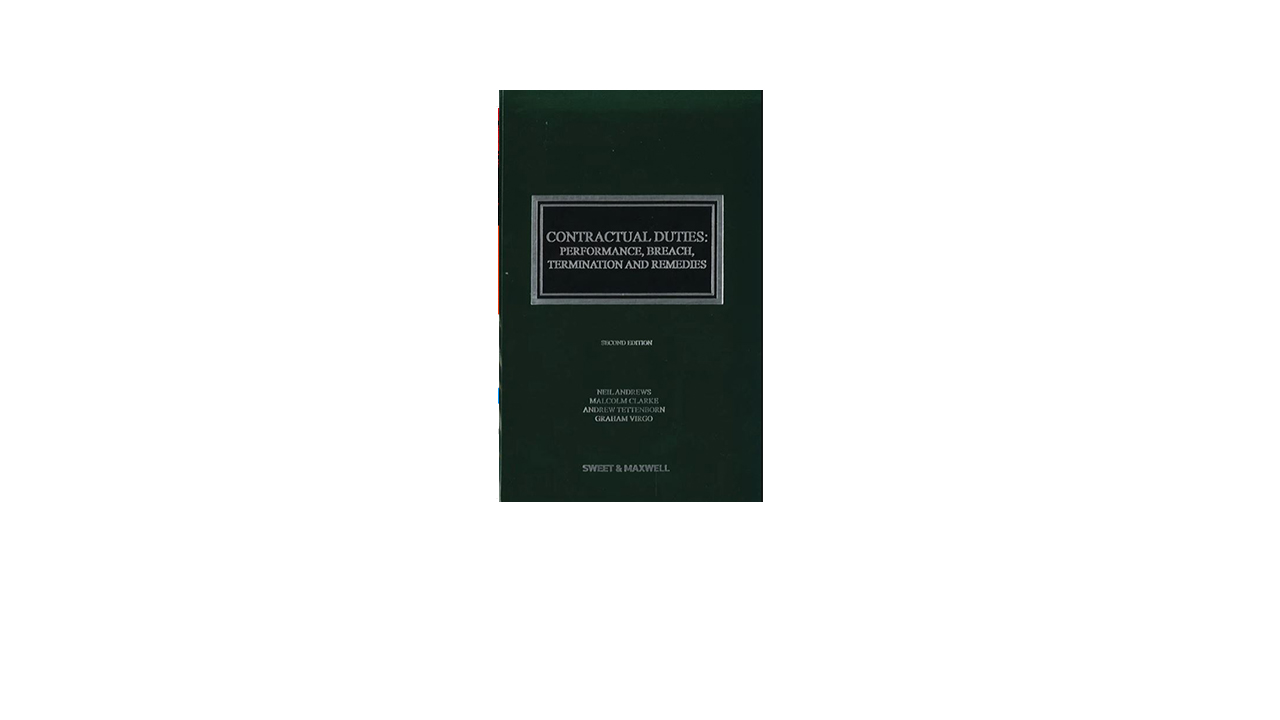
Description : Provides guidance from four leading contract academics on the duties at play in a contract that is in dispute: its performance, breach, termination and the remedies available
7 / 7
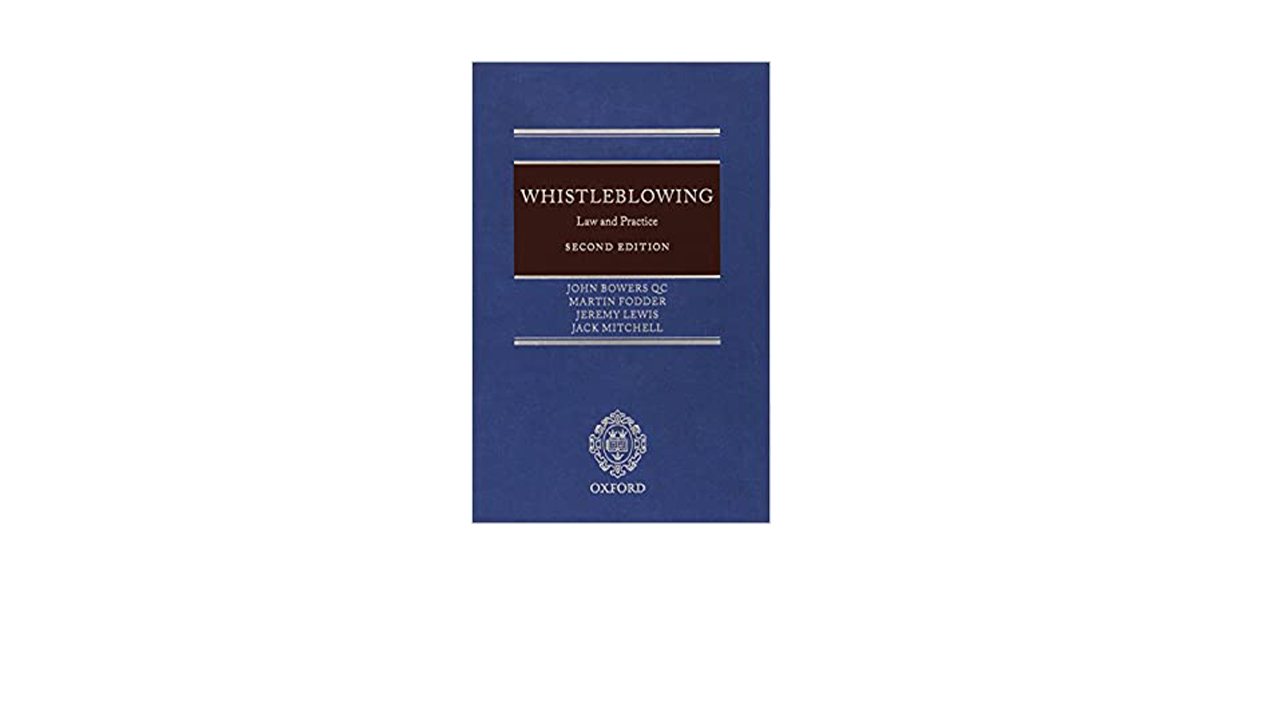
Description : This book provides a detailed survey of the law relating to public interest disclosure. It examines how the new system has developed since the coming into force of the Public Interest Disclosure Act 1998 (PIDA), and provides up-to-date practical guidance on the key issues that arise in practice. Analysing the legal framework in the area, both under PIDA and the disparate sources of law that can apply, it provides in-depth commentary on case law and legislative developments. It examines the structure of PIDA, litigation procedure and remedies under the Act, data protection, confidentiality, copyright, defamation issues, and the Human Rights Act 1998, as well as the contractual and fiduciary duties of employees, statutory obligations (both regulatory and criminal), and the Corporate Governance Codes
❮
❯